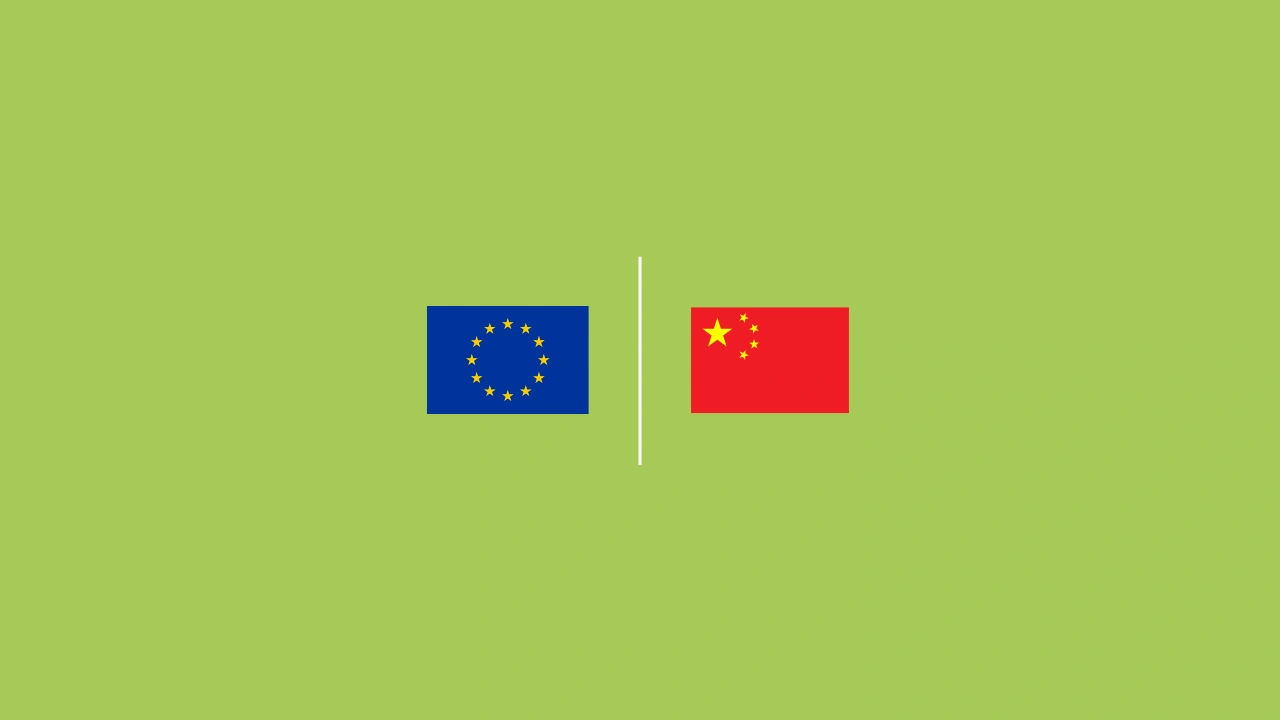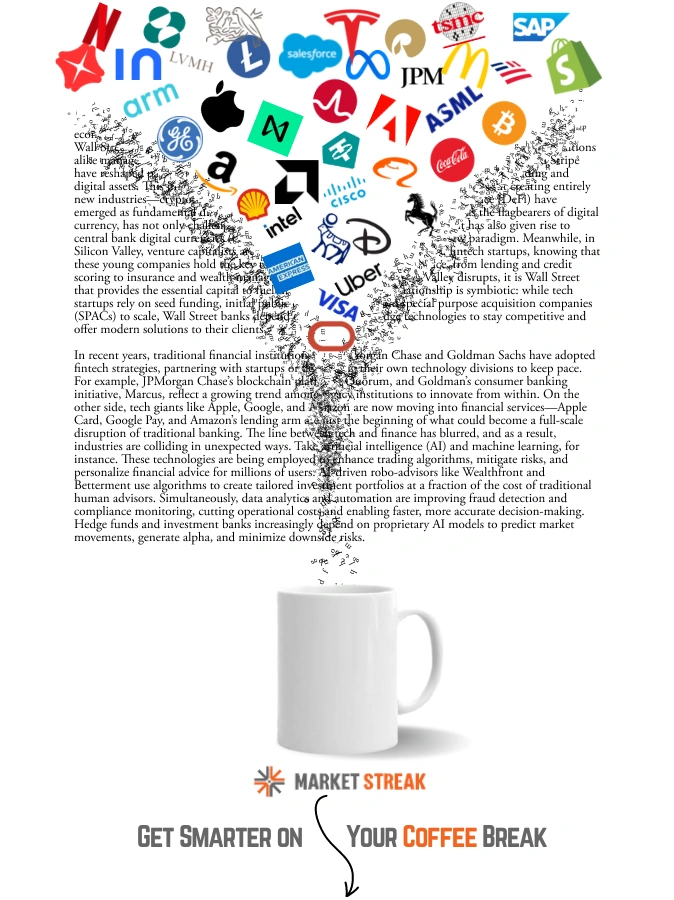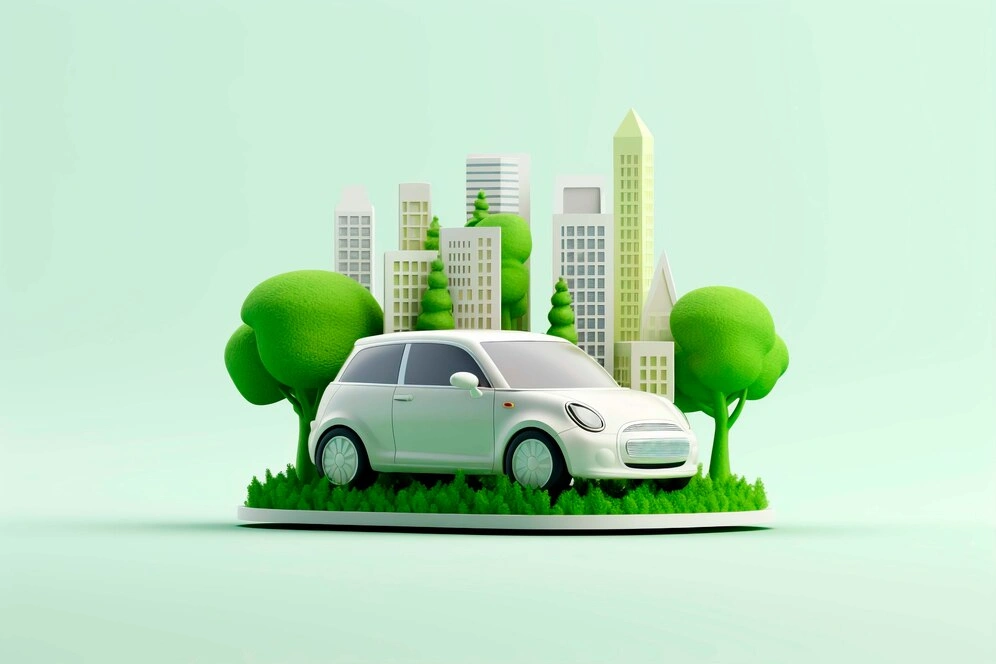Electric Vehicles
Tariffs
International Trade
Sustainability

Electric Vehicles
Tariffs
International Trade
Sustainability
The European Union (EU) and China are locked in a high-stakes negotiation over tariffs on Chinese-made electric vehicles (EVs). While the EU is poised to impose hefty tariffs, both sides are actively exploring alternatives to avoid a full-blown trade war. The situation is complex, involving billions of dollars in trade, potential job losses, and the delicate balance of international trade agreements.
The Looming Tariff Threat:
The EU initiated an anti-subsidy investigation into Chinese EV manufacturers, alleging that they receive unfair government support, giving them an unfair advantage in the European market. This investigation could lead to significant tariffs, as high as 35.3%, on Chinese EVs imported into the EU. These tariffs were scheduled to come into effect within days of the most recent round of talks, threatening to drastically increase the price of Chinese EVs in Europe and potentially harming both Chinese manufacturers and European consumers who rely on these vehicles.
The potential impact of a 35.3% tariff is substantial. Consider a hypothetical Chinese EV priced at €30,000. A 35.3% tariff would add approximately €10,590 to the price, making it significantly less competitive with European and other internationally produced EVs. This price increase could reduce consumer demand, impacting sales figures for Chinese manufacturers and potentially leading to job losses in the Chinese EV industry. Similarly, European consumers could face higher prices and a reduced selection of EVs.
Negotiations and Proposed Alternatives:
To avoid the imposition of these potentially disruptive tariffs, the EU and China have engaged in a series of eight technical negotiations. These talks, involving high-level officials from both sides, have focused on finding alternative solutions that would address the EU's concerns about unfair competition while avoiding direct tariffs.
High-ranking officials, including Valdis Dombrovskis, the EU's trade chief, and Wang Wentao, China’s Minister of Commerce, have participated in video conferences to discuss the matter. While these discussions have shown a commitment to finding a resolution, significant obstacles remain. Both sides have expressed a willingness to continue the talks, with China offering to host the next round of negotiations in China "as soon as possible."
One of the key proposals under discussion involves minimum price commitments from Chinese EV manufacturers. This approach would essentially set a floor price for Chinese EVs sold in the EU, ensuring that they aren't artificially underpriced due to government subsidies. By establishing minimum prices, the EU aims to create a fairer playing field for European manufacturers while avoiding outright tariffs.
Another potential solution involves investment commitments from Chinese EV companies in Europe. This could involve building factories, research facilities, or other operations within the EU. Such investments would not only create jobs in Europe but also demonstrate a commitment to fair trade practices and integration into the European market. This strategy would align with the EU's desire to foster economic growth within its borders while addressing concerns about unfair competition.
The Broader Context: A Complex Trade Relationship
The EV tariff dispute is only one aspect of a much broader and complex relationship between the EU and China. The two economic giants are deeply intertwined in global trade, with significant investment and trade flows in both directions. The imposition of tariffs on EVs could significantly disrupt this balance and potentially lead to retaliatory measures from China.
The EU has expressed concerns about other aspects of its trade relationship with China, including ongoing Chinese investigations into EU products such as brandy, pork, and dairy products. The EU considers these investigations to be unsubstantiated and potentially retaliatory. China maintains that its investigations are conducted in accordance with both domestic and international trade regulations.
This underscores the sensitive nature of the negotiations. Both sides need to find a solution that addresses the specific concerns regarding EV subsidies while avoiding a broader trade war that could have far-reaching consequences for global economic stability. The outcome of these negotiations will not only impact the EV market but also set a precedent for future trade disputes between the two economic powerhouses.
The Role of the World Trade Organization (WTO):
Both the EU and China have emphasized their commitment to adhering to WTO rules and regulations throughout these negotiations. The WTO provides a framework for international trade, aiming to ensure fair competition and prevent unfair trade practices. If a mutually agreeable solution cannot be found, either side could potentially bring the dispute before the WTO for arbitration. This process, however, can be lengthy and complex, potentially delaying a resolution for years.
Looking Ahead:
The ongoing negotiations between the EU and China over EV tariffs are a critical test of their ability to manage their complex and increasingly competitive trade relationship. The stakes are high, with potentially significant consequences for both economies. The success of these negotiations will depend on both sides' willingness to compromise and find solutions that respect the principles of fair competition and international trade agreements. The path forward requires a delicate balancing act, one that seeks to address concerns about market distortion while avoiding a disruptive escalation of trade tensions. The coming weeks and months will be crucial in determining the ultimate outcome of these critical discussions, impacting not only the EV industry but also the broader global trade landscape. The success or failure of these negotiations will be closely watched by businesses, governments, and consumers worldwide, as a precedent for future trade disputes between major economic players.
SHARE



news
30th October 2024


news
30th October 2024

news
30th October 2024

news
30th October 2024


news
30th October 2024

news
30th October 2024

news
30th October 2024